Georgia Institute of Technology
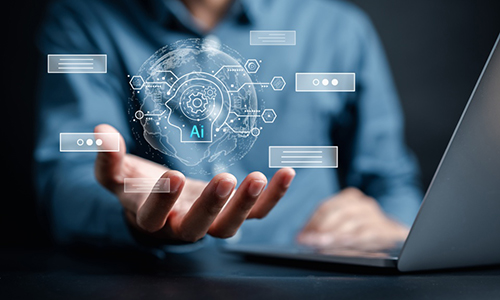
Georgia Tech has officially launched Tech AI, a bold new initiative designed to accelerate the real-world impact of artificial intelligence across industry and government.
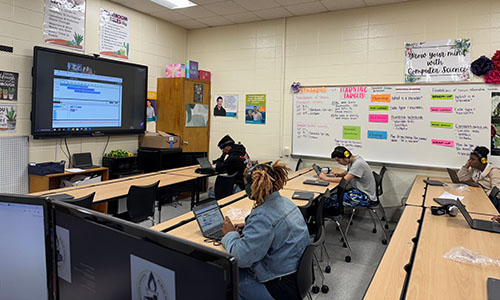
In Georgia, where rural communities often face barriers to accessing advanced education in science and technology, Georgia Tech is leading a transformative effort to bridge the gap.
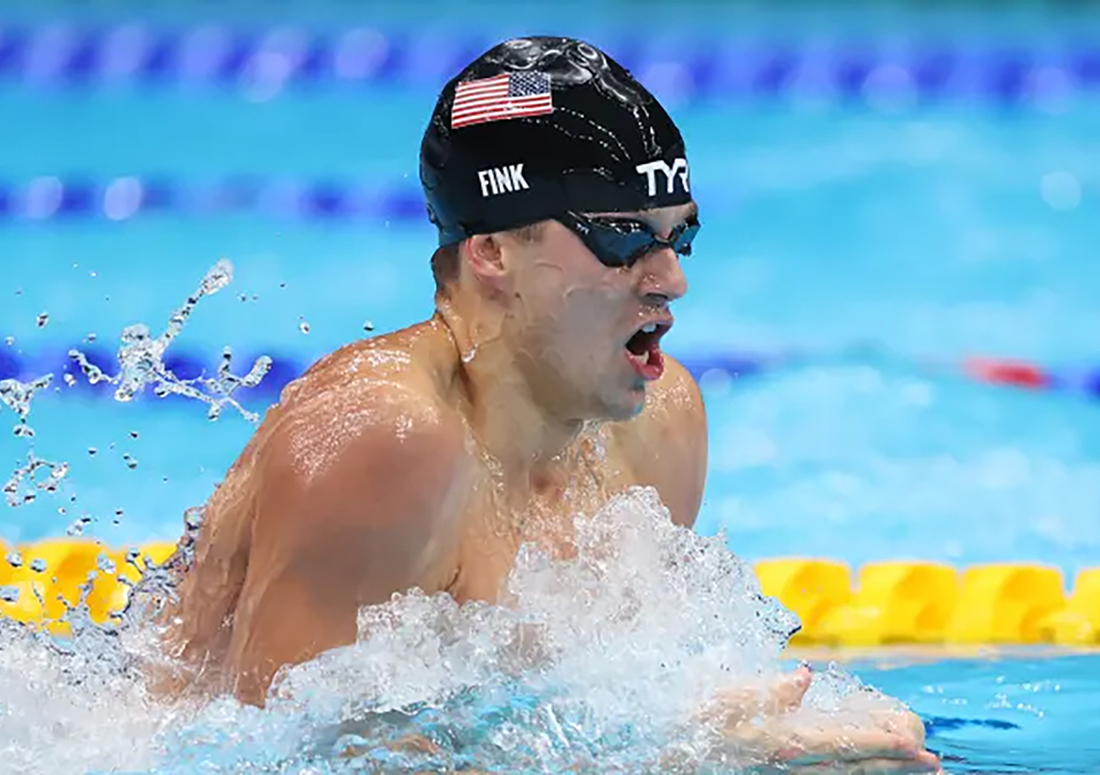
Nine Georgia Tech Yellow Jackets will be participating in the 2024 Summer Olympics in Paris this month: Jose Alvarado (men’s basketball), Julia Bergmann (women’s volleyball), Ariana Dirkzwager (women’s swimming), Imane El Barodi (women’s swimming), Chris Eubanks (men’s tennis), Nic Fink (men’s swimming), Ela Naz Ozdemir (women’s swimming), Giovana Reis (women’s swimming) and Berke Saka (men’s swimming).
They include alumni, current student-athletes, and even two incoming first-year student-athletes.
Plus, Georgia Tech Swimming and Diving Coach Courtney Shealy Hart will be there to coach one of the Olympians.
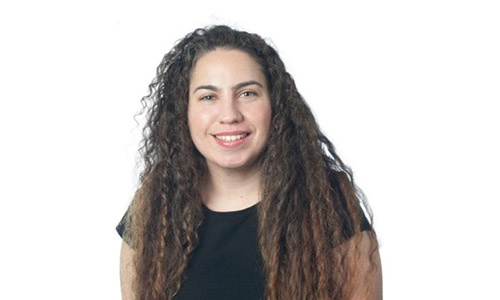
Whether you’re fresh out of high school or going back to school later in life, your first college-level course can be intimidating. And while Georgia Tech offers numerous resources that provide extra support, they aren’t always accessible to everyone.
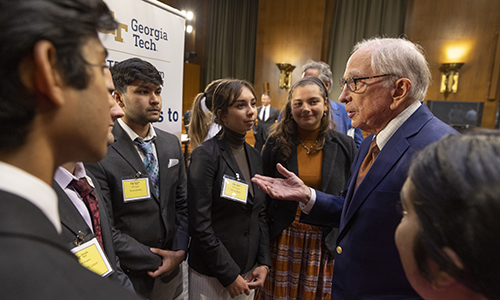
It’s rare that a student gets the opportunity to be in the room with a senator. But Georgia Tech’s first cohort of GTDC students were able to celebrate the Washington, D.C. launch of the program with three — Senators Raphael Warnock and Jon Ossoff and former Senator Sam Nunn.
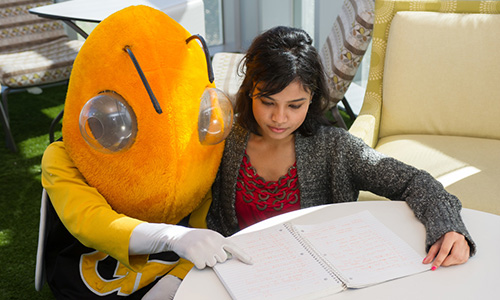
Georgia Tech has selected the topic of its next Quality Enhancement Plan (QEP), a critical piece of the Institute’s reaffirmation of accreditation from the Southern Association of Colleges and Schools Commission on Colleges (SACSCOC).
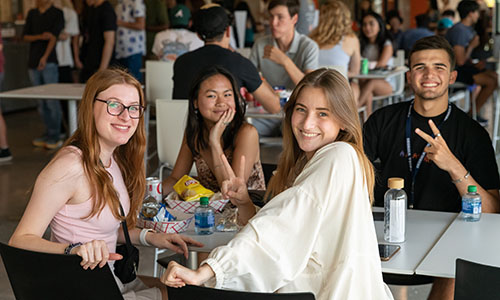
The Georgia Institute of Technology is furthering its commitment to enrolling talented Georgia students from low-income families by expanding the G. Wayne Clough Georgia Tech Promise Program to include even more students with financial need.
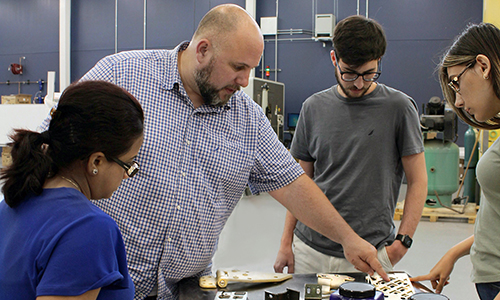
Aaron Stebner outlined an aggressive plan for artificial intelligence and manufacturing when he applied for a faculty position in 2019. Stebner thought it would take 10-15 years of incremental steps and funding to achieve the goal. He was wrong.
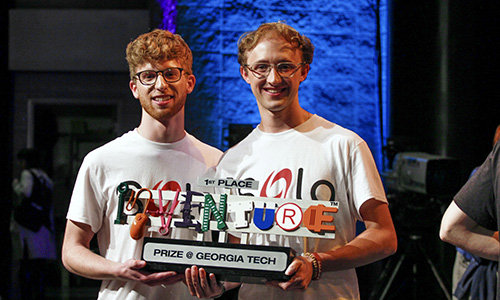
Using 70 years of tornado damage data, two Georgia Tech students have developed a proprietary model to help homeowners access financial support immediately following the devastation of a tornado.
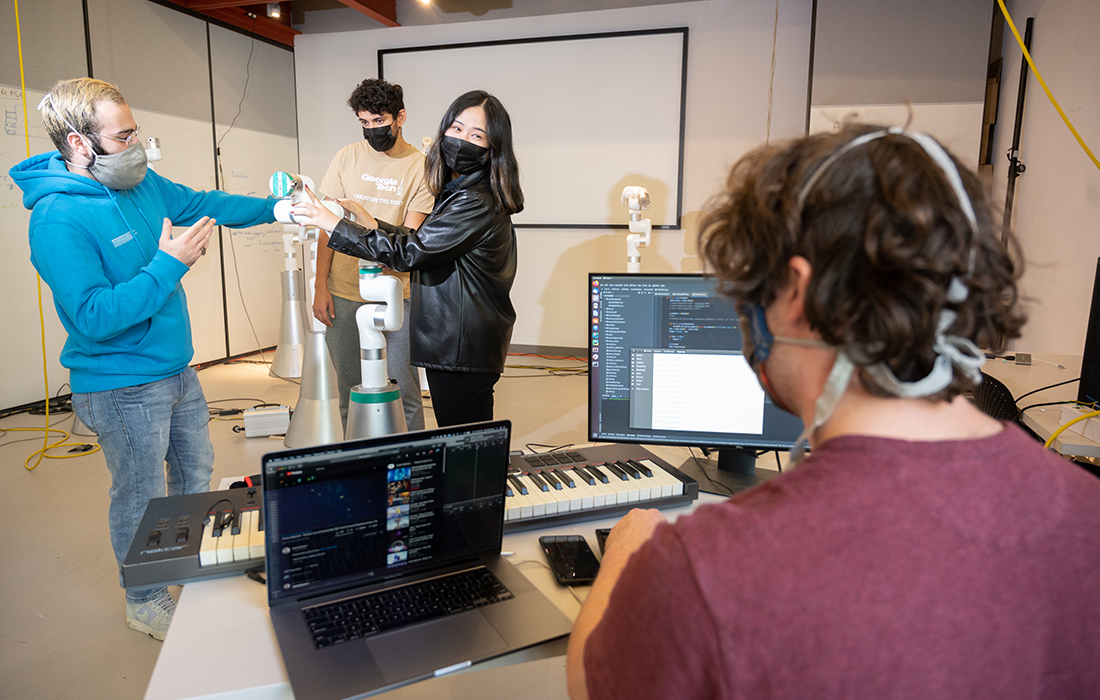
The impact of robots on human life is evident everywhere, from service sectors such as healthcare and retail, to industrial settings like automobile manufacturing. But it’s one thing to leverage robots as helpers — it’s another to connect with them emotionally, which could lead to better trust.
Researchers at the Georgia Institute of Technology found that embedding emotion-driven sounds and gestures in robotic arms helps establish trust and likability between humans and their AI counterparts. They have explored these connections not only in the lab but also on the live-performance stage in a unique collaboration with Kennesaw State University.
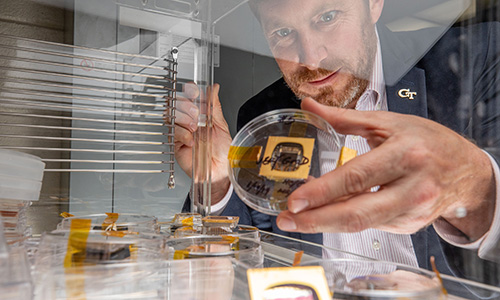
Georgia Tech’s Colleges of Sciences and Engineering have long collaborated to launch successful joint space science research projects with NASA. Researchers across both colleges and the Georgia Tech Research Institute are now hard at work on several ambitious projects related to NASA’s planned return to Earth’s moon — and beyond.
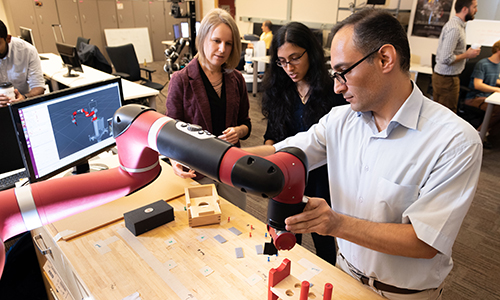
For decades, the Georgia Institute of Technology has focused on advancing artificial intelligence through interdisciplinary research and education designed to produce leading-edge technologies. Over the next five years, Georgia Tech will make a substantial investment in AI that includes hiring an additional 100 researchers in the field, further solidifying its standing as a leader in the teaching and discovery of machine learning.
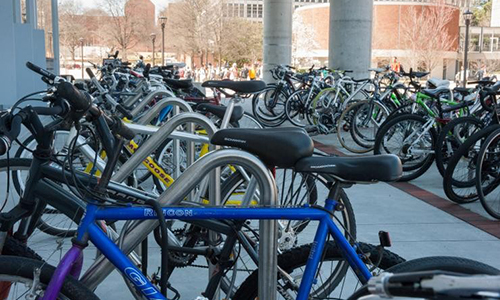
Every four years, the League of American Bicyclists announces the Bicycle Friendly University Awards, which not only celebrate bike-friendly campuses but also enhance their existing programs. Tech was awarded a Gold level BFU designation, which it also received in 2016.
